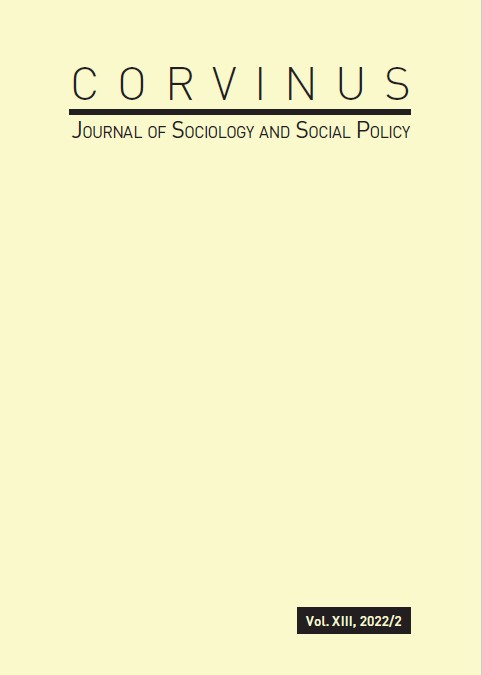The Changing Risk Preferences of High-Net-Worth Individual Investors During the Global Financial Crisis
The Changing Risk Preferences of High-Net-Worth Individual Investors During the Global Financial Crisis
Author(s): Antonio M. Cunha, Júlio LobãoSubject(s): Financial Markets
Published by: Budapesti Corvinus Egyetem Szociológia Doktori Iskola
Keywords: risk preferences; investor behavior; high-net-worth individuals
Summary/Abstract: This paper studies how high-net-worth individual (HNWI) investors changed their risk preferences during the Global Financial Crisis (from 2007 to 2009) and how their asset allocation evolved in the same period. We had access to a confidential database from a Swiss international private bank with two samples of risk preferences questionnaires (suitability tests) filled by the same HNWI investors in 2007 and 2009. We compared the suitability tests’ suggested investment profiles to those investors’ real asset allocations at the same moments in time. We estimated correlation coefficients and ran hypothesis tests to examine if the changes in risk preferences during the period were statistically significant. Findings: HNWI investors’ risk preferences changed during the period, but the gap between their self-assessed risk preference and their real asset allocation narrowed, suggesting that they have a convex value function curve. We found evidence consistent with the psychological risk-as-feelings model, as lower risk-exposed HNWI investors also tended to decrease their risk preference level during a crisis. The evidence also suggests a stronger preference for cash during the crisis period, confirming the results of studies that have focused on the importance of liquidity during external shocks.
Journal: Corvinus Journal of Sociology and Social Policy
- Issue Year: 13/2022
- Issue No: 2
- Page Range: 29-52
- Page Count: 24
- Language: English

